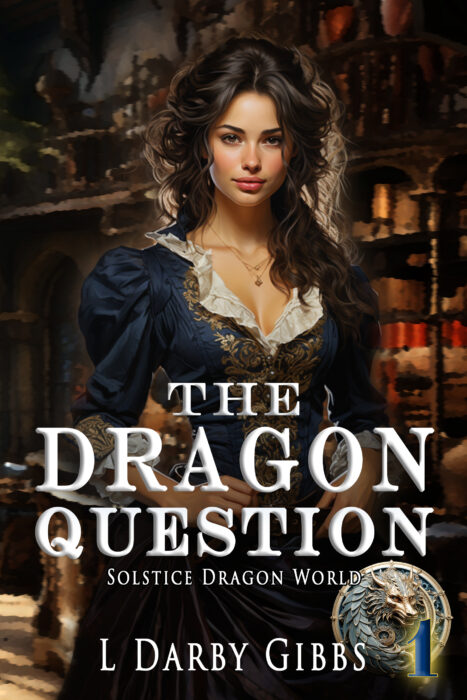Branch of the family tree, okay vine. Often when I read science fiction, the main characters and certainly the supporting and stock characters rarely have family. I don’t mean they don’t ever have family, but family is not the cause of change or action in them. Family is window decoration in most novels. Yet family…
Tag: Gardens in the Cracks and Other Stories
January 29, 2014
March 3, 2013
It’s Read an E-Book Week! March 3 – 9. You’ll find my anthology Gardens in the Cracks & Other Stories at Smashwords.com for 50 percent off. Coupon code: REW50 Follow the book link and apply the discount coupon at time of purchase.
